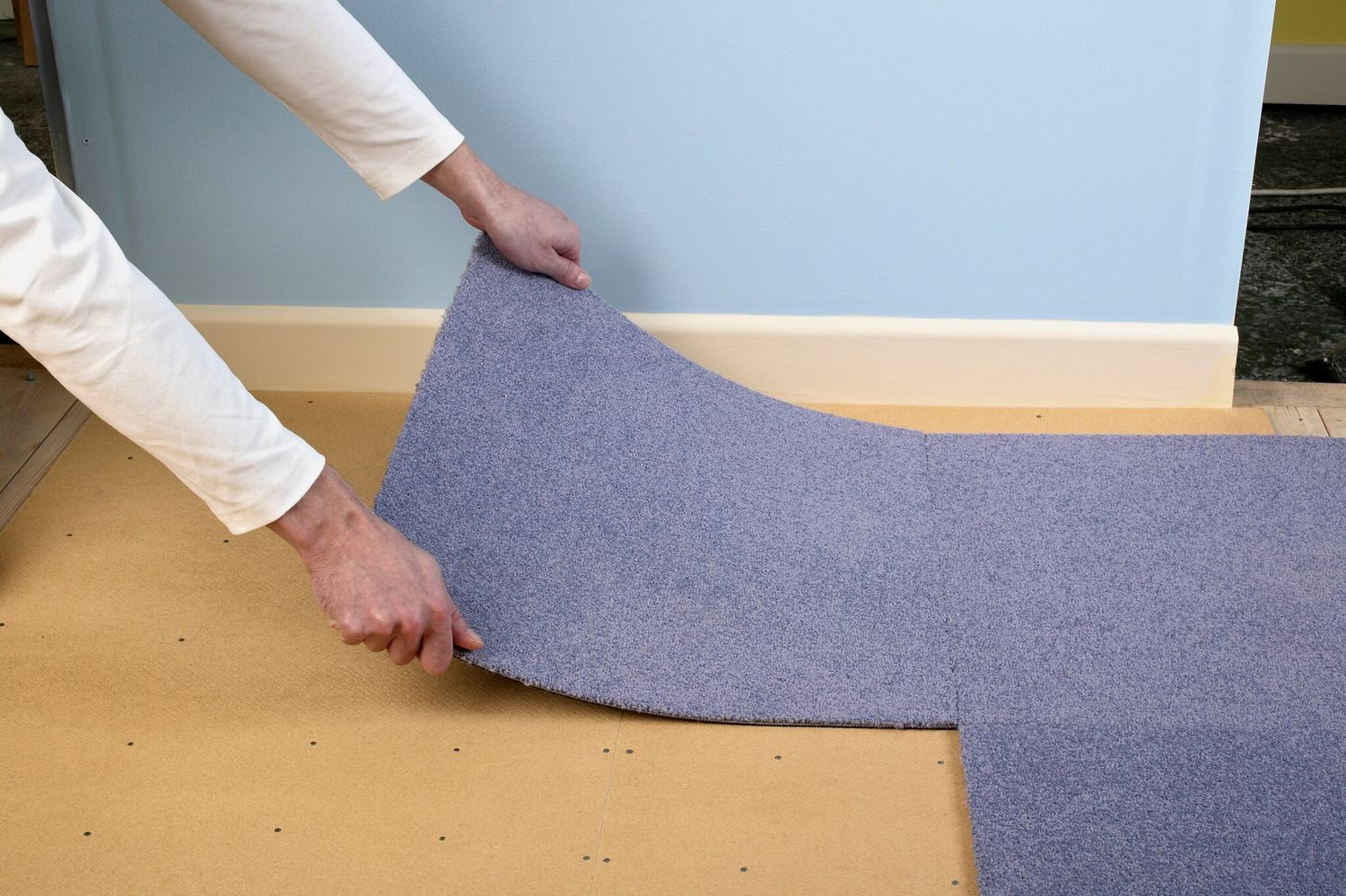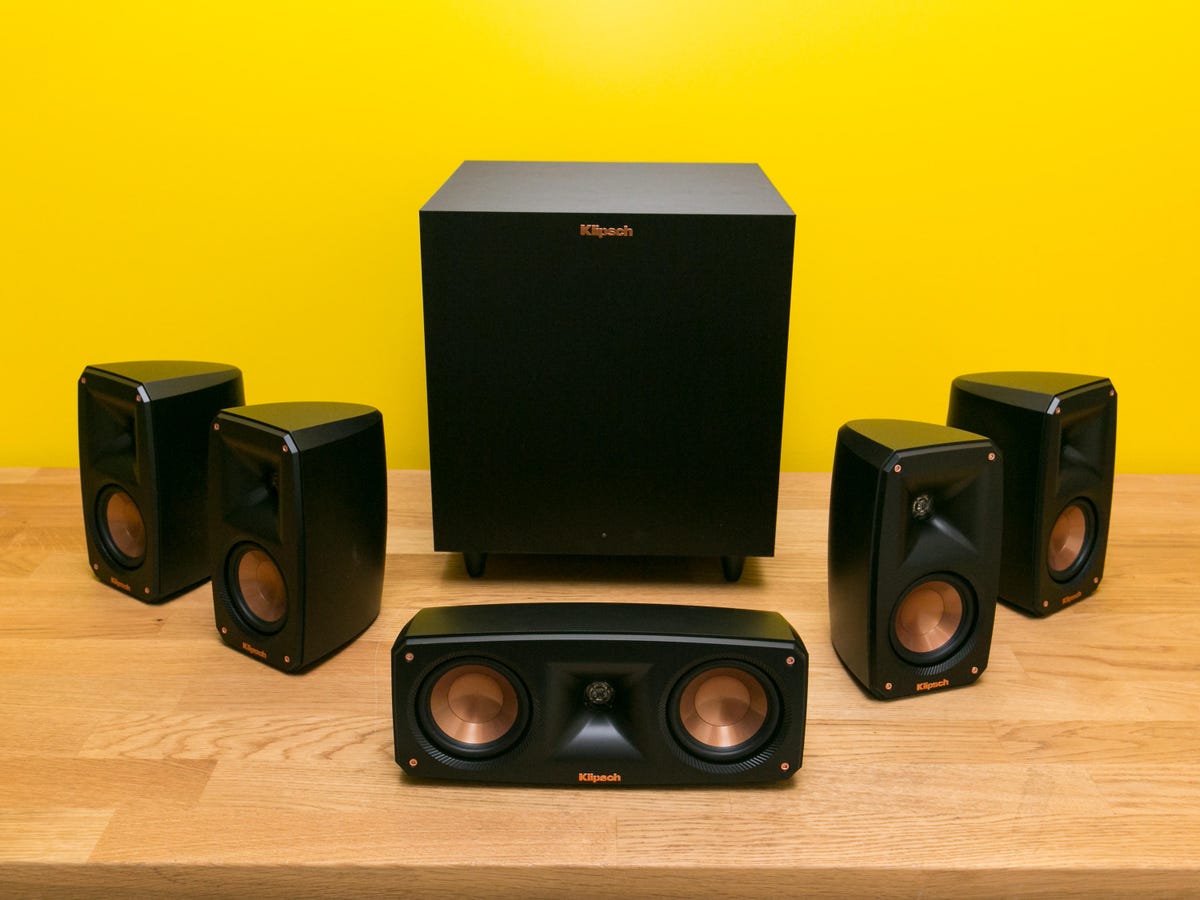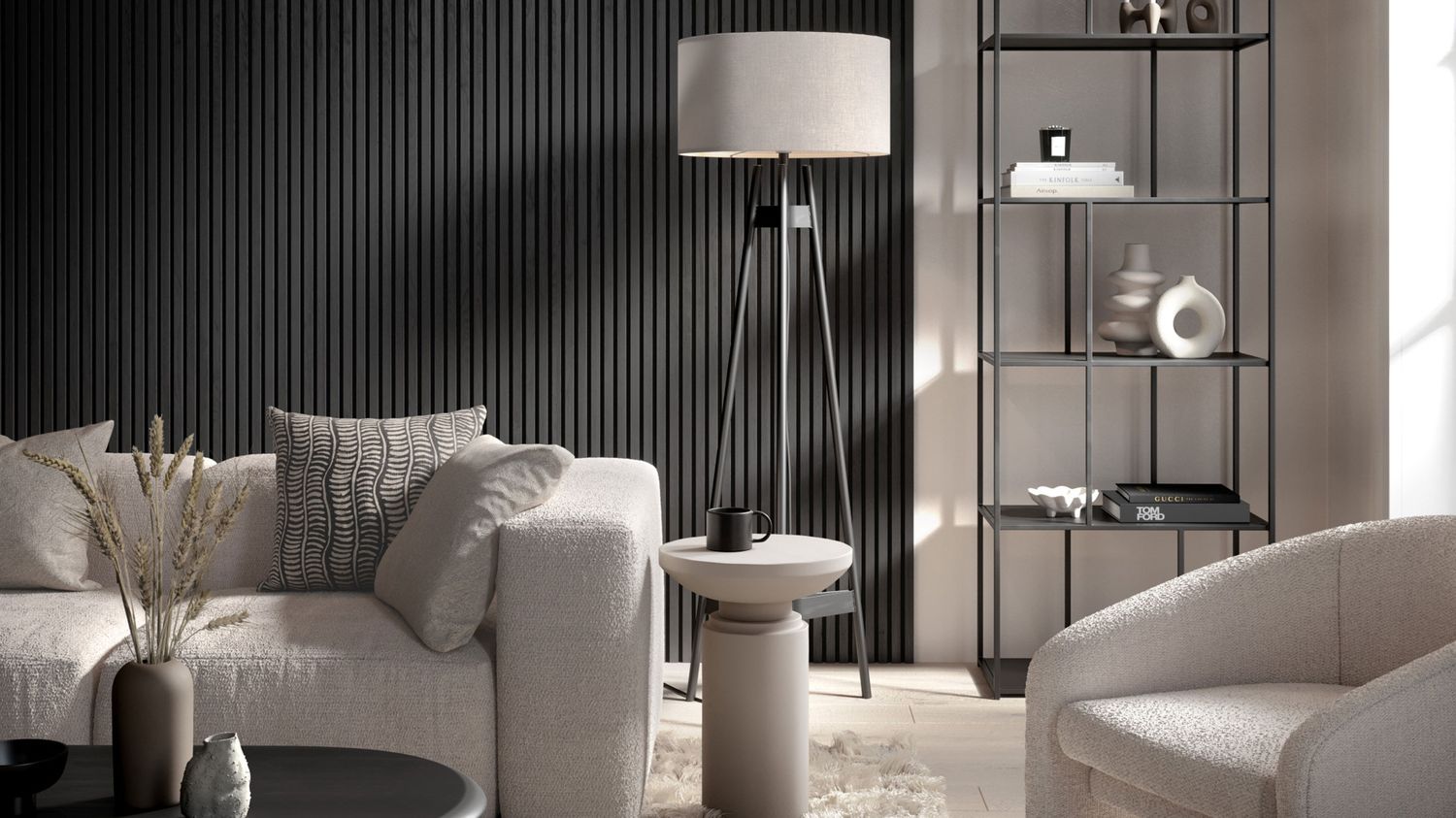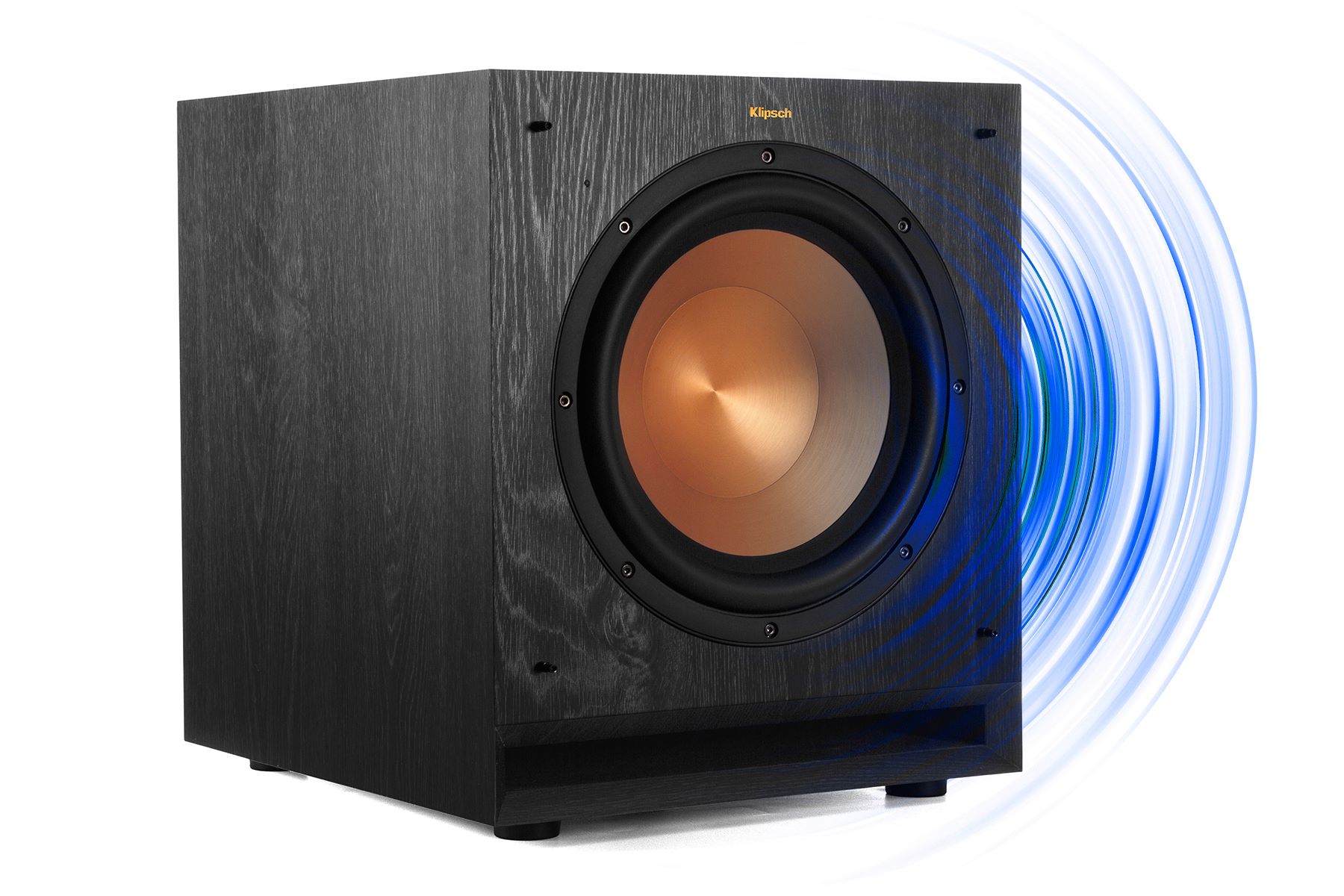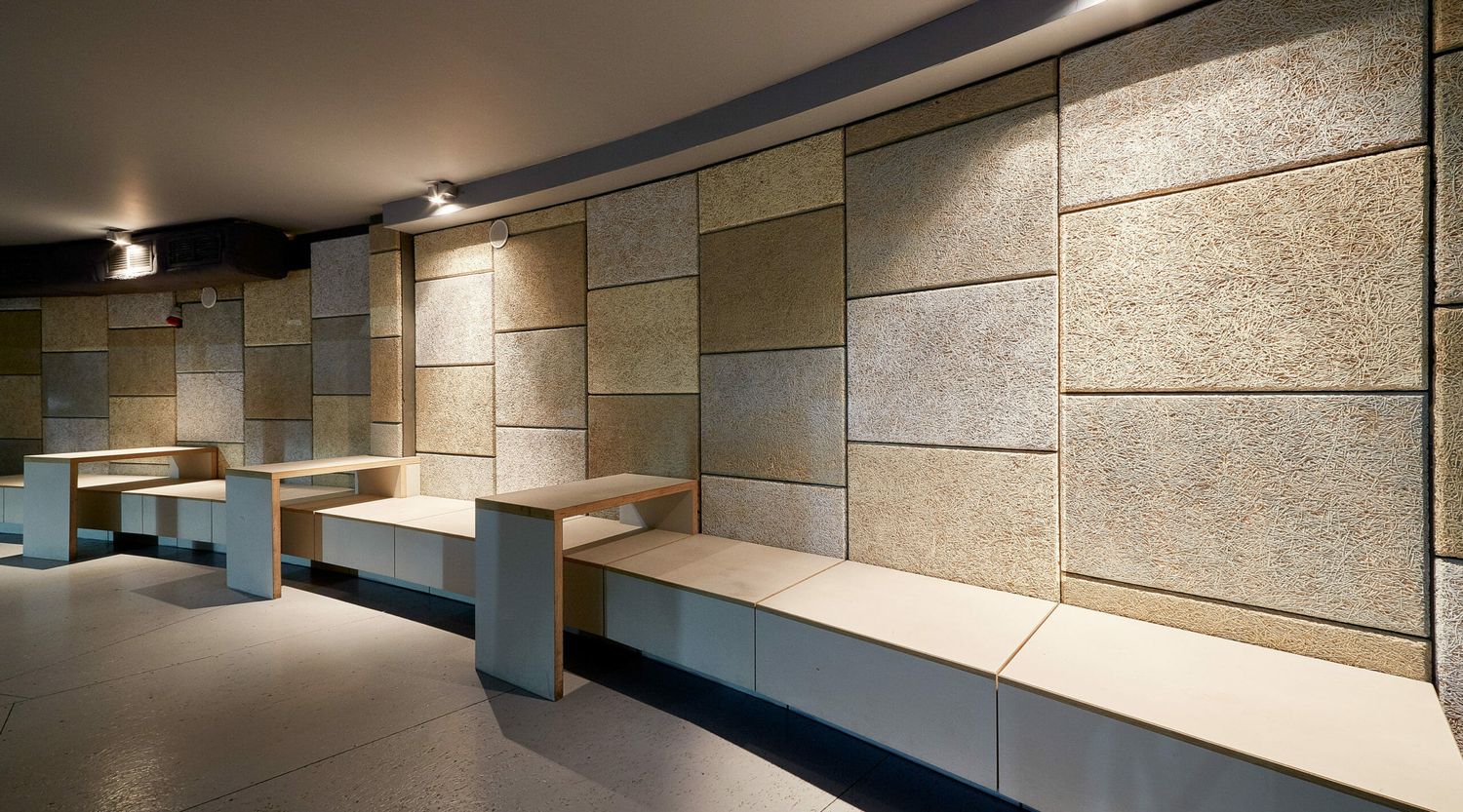Home>Production & Technology>Soundproofing>Which Insulation Is Better For Soundproofing Roxul Vs Cellulose
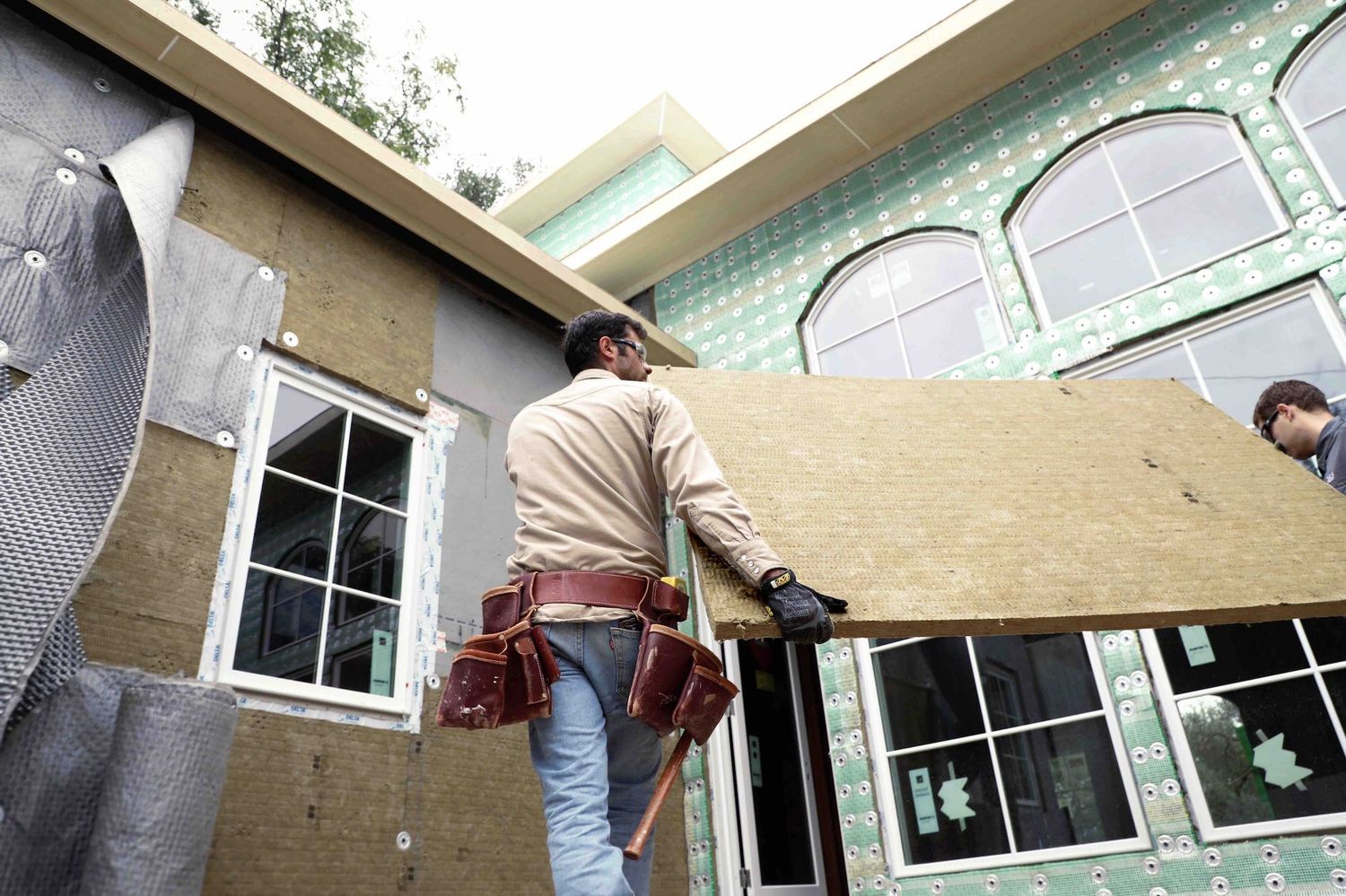

Soundproofing
Which Insulation Is Better For Soundproofing Roxul Vs Cellulose
Published: January 27, 2024
Looking to soundproof your space? Discover which insulation, Roxul or cellulose, is better for soundproofing. Find the ideal solution for ultimate noise reduction.
(Many of the links in this article redirect to a specific reviewed product. Your purchase of these products through affiliate links helps to generate commission for AudioLover.com, at no extra cost. Learn more)
Table of Contents
Introduction
When it comes to creating a peaceful and tranquil environment, soundproofing is essential. Whether it’s for a home theater, recording studio, or just a quiet bedroom, a proper insulation system can greatly reduce unwanted noise. Among the various options available, two popular choices for soundproofing insulation are Roxul and Cellulose Insulation.
Roxul Insulation, also known as mineral wool insulation, is made from natural stone and recycled slag. It is designed to provide excellent sound absorption properties and thermal insulation. On the other hand, Cellulose Insulation is composed of recycled paper fibers treated with fire retardants. It is known for its eco-friendly nature and ability to reduce sound transmission.
In this article, we will explore the features and benefits of both Roxul and Cellulose Insulation, and compare their soundproofing properties, installation processes, costs, and environmental impacts. By the end of this article, you will have a better understanding of which insulation is better suited for your soundproofing needs.
Roxul Insulation
Roxul Insulation, also known as mineral wool insulation, is a highly effective material for soundproofing. It is made from natural stone and recycled slag, making it an eco-friendly choice for those looking for sustainable insulation options.
One of the key advantages of Roxul Insulation is its excellent sound absorption properties. It effectively minimizes sound transfer, reducing outside noise and creating a quiet and peaceful indoor environment. This makes it an ideal choice for areas that require enhanced soundproofing, such as home theaters, music studios, or bedrooms in noisy neighborhoods.
Another benefit of Roxul Insulation is its thermal insulation capabilities. It helps to regulate indoor temperatures, keeping the space cooler in summers and warmer in winters. This not only contributes to energy efficiency but also creates a comfortable living environment.
Roxul Insulation is also resistant to fire and moisture. It is non-combustible and can withstand high temperatures, making it a safe choice for insulating walls, ceilings, and floors. Additionally, it is water repellent and does not absorb moisture, preventing the growth of mold or mildew.
When it comes to installation, Roxul Insulation is relatively easy to work with. It is available in pre-cut batts or loose-fill form, allowing for flexible application. The batts can be easily fitted between wall studs or ceiling joists, while the loose-fill can be blown into cavities using specialized equipment.
Overall, Roxul Insulation offers excellent soundproofing capabilities, thermal insulation, fire resistance, moisture resistance, and ease of installation. It is a versatile and reliable solution for creating a quieter and more comfortable living or working space.
Cellulose Insulation
Cellulose Insulation is a popular choice for soundproofing due to its eco-friendly nature and excellent sound reduction properties. It is composed of recycled paper fibers that are treated with fire retardants, making it a sustainable and safe option for insulation.
One of the key advantages of Cellulose Insulation is its ability to effectively reduce sound transmission. The dense fibers of the insulation material absorb and block sound waves, preventing them from travelling between walls or floors. This makes it an ideal choice for soundproofing applications such as home theaters, recording studios, or office spaces.
In addition to its soundproofing capabilities, Cellulose Insulation also offers good thermal insulation. It helps to prevent heat transfer, keeping the interior temperature stable and reducing energy consumption. This can lead to lower heating and cooling costs, making it an energy-efficient choice.
Cellulose Insulation is known for its easy installation process. It can be blown into wall cavities or attic spaces using specialized equipment, ensuring a tight and seamless fit. It can also be used to fill gaps and voids, providing complete coverage and reducing the risk of air leakage.
One of the standout features of Cellulose Insulation is its eco-friendly nature. Made from recycled paper fibers, it helps to reduce waste and promote sustainability. It is also treated with fire retardants, making it a safe and fire-resistant choice for insulation applications.
However, it’s important to note that Cellulose Insulation may have some limitations. It can be susceptible to moisture absorption if not properly installed or sealed, which can lead to mold or mildew growth. Additionally, it may settle over time, reducing its effectiveness in both soundproofing and thermal insulation.
In summary, Cellulose Insulation offers excellent sound reduction properties, thermal insulation, easy installation, and environmental sustainability. It is a suitable choice for those looking for an eco-friendly and effective solution for soundproofing their living or working spaces.
Comparison of Soundproofing Properties
Both Roxul and Cellulose Insulation are effective options for soundproofing, but they differ in their soundproofing properties and performance.
Roxul Insulation, with its dense mineral wool composition, provides excellent sound absorption and insulation capabilities. Its fibers are designed to trap and absorb sound waves, minimizing noise transfer between rooms. This makes it highly effective for soundproofing applications where reducing airborne sound transmission is crucial.
On the other hand, Cellulose Insulation also offers good soundproofing properties. Its dense paper fiber composition helps to reduce sound transmission by absorbing and dampening sound waves. It is particularly effective in reducing impact noise, such as footsteps or objects being dropped, due to its ability to dissipate vibrations.
When comparing the two, Roxul Insulation tends to have slightly better soundproofing performance, especially in terms of reducing airborne sounds. Its mineral composition and density provide superior sound absorption properties, making it a suitable choice for areas where noise reduction is a top priority.
However, it’s worth mentioning that the actual soundproofing performance of both insulations will depend on various factors, such as installation method, thickness of insulation, and the overall construction of the building. Proper installation and sealing of gaps and air leaks are essential for maximizing the soundproofing effectiveness of any insulation material.
Ultimately, the choice between Roxul and Cellulose Insulation for soundproofing will depend on the specific requirements of the project, budget constraints, and personal preferences. Consulting with a soundproofing professional or contractor can help determine the most suitable insulation option based on the specific needs and goals.
Ease of Installation
When it comes to the ease of installation, both Roxul and Cellulose Insulation offer straightforward processes, but with some differences.
Installing Roxul Insulation is relatively simple. It is available in pre-cut batts or loose-fill form, allowing for easy fitting between wall studs or ceiling joists. The batts can be easily cut to size and friction fit into place, providing a snug fit. For the loose-fill form, it can be blown into cavities using specialized equipment. Overall, Roxul Insulation offers flexibility in installation methods and can adapt to various construction scenarios.
Cellulose Insulation, on the other hand, is typically blown into wall cavities or attic spaces using specialized equipment. This method ensures a tight and seamless fit, maximizing coverage and minimizing the risk of air leakage. While professional installation is often recommended due to the specialized equipment required, experienced DIYers may also be able to handle the installation process with proper guidance. It’s important to note that proper sealing and air barrier measures should be taken during the installation to prevent any potential moisture issues.
Both insulations require safety precautions during installation. Roxul Insulation can be irritating to the skin, so wearing protective clothing and gloves is recommended. Similarly, Cellulose Insulation can cause irritation when airborne, so proper respiratory protection should be utilized.
Overall, both Roxul and Cellulose Insulation offer relatively simple installation processes. However, the choice between the two may depend on the specific construction requirements and the expertise of the installer. It is also worth considering whether professional installation by a certified contractor is necessary to achieve optimal results for your soundproofing project.
Cost Comparison
When comparing the costs of Roxul and Cellulose Insulation, several factors need to be taken into consideration.
Roxul Insulation tends to be slightly more expensive than Cellulose Insulation. The cost can vary depending on the specific product, thickness, and area to be covered. However, the superior soundproofing properties and thermal insulation capabilities of Roxul Insulation may justify the higher price for those seeking maximum performance.
Cellulose Insulation, on the other hand, is generally more cost-effective. It is made from recycled paper fibers, which makes it a budget-friendly option. The overall cost will depend on factors such as the installation method, thickness, and area to be insulated.
It is essential to consider that the cost of insulation is not solely determined by the material itself. The complexity of the installation, such as difficult-to-access spaces or retrofitting, can also impact the overall cost. In some cases, professional installation may be required, which will add to the overall expenses.
Before making a decision based solely on cost, it is crucial to assess the specific soundproofing requirements, project budget, and long-term benefits. Choosing the right insulation that provides the desired soundproofing performance may ultimately result in better value and overall satisfaction.
Environmental Impact
When it comes to the environmental impact, both Roxul and Cellulose Insulation have their own eco-friendly qualities.
Roxul Insulation is made from naturally occurring stone and recycled slag, which helps reduce waste and make use of sustainable resources. Additionally, it does not contain any harmful chemicals or binders that could potentially release volatile organic compounds (VOCs) into the environment. Roxul Insulation is also durable and long-lasting, reducing the need for frequent replacements and further minimizing waste.
Cellulose Insulation, as the name suggests, is composed of recycled paper fibers. By utilizing recycled materials, it helps reduce the demand for new resources, conserve energy, and decrease landfill waste. Cellulose Insulation is also treated with fire retardants to enhance its safety properties, ensuring a more secure environment.
Both insulations contribute to energy efficiency by providing thermal insulation. By reducing heat transfer, they help to maintain stable indoor temperatures, reducing the need for excessive heating or air conditioning. This, in turn, helps to conserve energy and minimize carbon dioxide emissions.
It’s worth noting that proper installation and sealing play a crucial role in maximizing the environmental benefits of insulation. Effective insulation minimizes air leakage and reduces the energy required to heat or cool a space, leading to further energy savings and environmental impact reduction.
In summary, both Roxul and Cellulose Insulation offer environmentally friendly options for soundproofing. Roxul Insulation makes use of recycled materials and is free from harmful chemicals, while Cellulose Insulation utilizes recycled paper fibers. Choosing either of these options can contribute to sustainability, energy efficiency, and a healthier living environment.
Conclusion
When it comes to soundproofing insulation, both Roxul and Cellulose Insulation offer unique advantages and considerations.
Roxul Insulation, with its mineral wool composition, provides excellent sound absorption and thermal insulation properties. It is suitable for scenarios requiring superior sound reduction and is known for its fire resistance and moisture repellency.
Cellulose Insulation, made from recycled paper fibers, offers good soundproofing capabilities and is a cost-effective choice. It is easy to install and provides thermal insulation benefits while promoting environmental sustainability.
When comparing the two, Roxul Insulation generally excels in soundproofing performance, especially for reducing airborne noise. However, the choice between the two will depend on specific project requirements, budget, and personal preferences.
Considerations such as ease of installation, overall cost, and environmental impact should also be taken into account when making a decision. Consulting with soundproofing professionals or contractors can provide valuable insights and help determine the most suitable option.
Ultimately, both Roxul and Cellulose Insulation offer effective solutions for creating a quieter and more comfortable living or working environment. Evaluating priorities and understanding the unique qualities of each insulation type will help in making an informed decision that meets your soundproofing needs.

